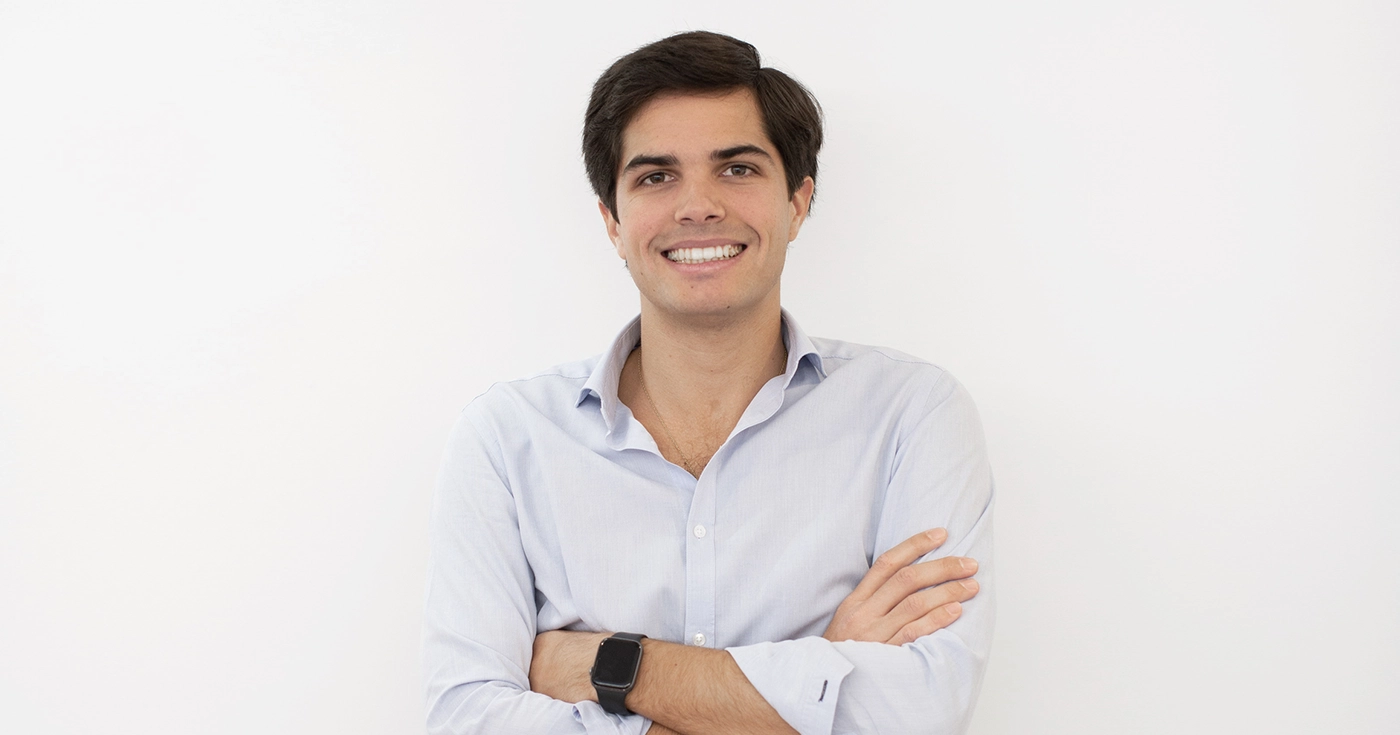
“Financial institutions see Urbanitae as an ally for their developers”
Urbanitae’s activity has two clear foundations. On one hand, the investors, whose trust makes it possible for us to have closed 2023 with nearly 224 million euros financed. On the other hand, the raw material, the projects, carefully chosen by our Real Estate Department. Today we talk with Jorge Turégano, Investment Director at Urbanitae, about this selection process and his experience on the platform since 2018.
How do developers see Urbanitae today?
Urbanitae has managed to establish itself as a brand within the alternative financing segment. Our history of funded transactions, along with the trust of our developers, makes the company a solid companion to contribute to the development of the real estate sector.
How do projects reach Urbanitae?
In the beginning, Urbanitae had to do a notable job to make itself known as a financing solution. Gradually, in a more organic way, the momentum of the operations we finance and our relationship with various market players (financial institutions, advisors, etc.) have increased the number of projects we analyze.
“We look for developers who can demonstrate with their track record the competence and solvency required to carry out a project similar to the one they propose.”
In parallel, we have an internal team that supports the initial interaction with developers and helps us expand our commercial network. Finally, we strive to be present at the most prominent real estate sector events and major developer associations.
What requirements must a project meet to pass Urbanitae’s filter?
Broadly speaking, we seek the best possible balance in the risk-return binomial, for which we thoroughly analyze the fundamentals of the business plan presented by the developer. We try to tailor our financing solutions for each situation and entry point into the project. The most important factor for us is the developer themselves: we look for profiles that can demonstrate with their track record the competence and solvency required to carry out a project similar to the one they propose. Similarly, we look for investment periods not exceeding 36 months for equity investments and 24 months for debt operations.
At Urbanitae, we have contributed to initiating more than 100 real estate developments throughout the country, and the level of information we have is increasing. This allows us to make more solid investment decisions with greater judgment.
Why do developers turn to you?
Traditionally, developers have had three sources of financing: own funds, third-party resources based on historical trust relationships, and banks. At this point, Urbanitae is a fourth proposal that can offer them certainty and agility in obtaining new financial resources for the development of their projects.
“Urbanitae does not compete with financial institutions but covers the market gap where they are not entirely comfortable.”
We have a long-term vision and do not expect to formalize a single agreement with a developer. We try to build relationships that allow developers to optimize their resources, schedule their own investments, and, ultimately, find a financial ally that enables their own growth.
What guarantees do you establish to protect investors’ capital?
At this point, it is critical for us to differentiate between equity solutions and debt schemes. In the equity/capital gain format, we prioritize the protection of capital over maximizing the return that a project can generate. On the other hand, in debt projects, we try to secure real rights (such as a first mortgage on the asset) that ensure operations above corporate guarantees, whose execution is always more complicated.
“At Urbanitae, we do not seek managers who act only as delegated developers. We ask the developer to contribute their own capital to the project. This way, we align the interests of all participants.”
What are the main points of friction with developers?
The most important thing in our relationship with developers is to help them understand what the collaboration with us would be like. For us, the relationship must be based on professionalism, seriousness, and commitment on both sides. At the same time, we seek to convey that Urbanitae is a reliable financial ally that will allow them to focus on the development activity, freeing up time and resources that were previously dedicated to fundraising processes.
Urbanitae often provides financing that complements banks, but also occasionally replaces credit institutions. What is your relationship with banks?
In our equity operations, we work with the country’s main credit institutions, leveraging our projects with them to finance construction through the promoter loan, optimizing the operation from a financial perspective.
Increasingly, banks see Urbanitae as an ally for developers, not only helping them with capital but also acting as a filter for the projects they finance.
In debt projects, Urbanitae enters where the bank does not, for various reasons, but that offer an appropriate relationship between return and risk. It can be advance financing (bridge loan) or a substitute. Consequently, Urbanitae does not compete with financial institutions but covers the market gap where they are not entirely comfortable, either due to the type of project or the entry phase – for example, land acquisition.
Having said that, it is essential to remember that alternative financing has a much greater weight in Europe compared to Spain. In France, for example, during 2023, real estate crowdfunding exceeded 1,000 million euros, while in Spain, the figure was around 215 million euros. This is why we are convinced that if the investment premises are reasonable, the path of real estate crowdfunding in Spain will only grow in the coming years.

